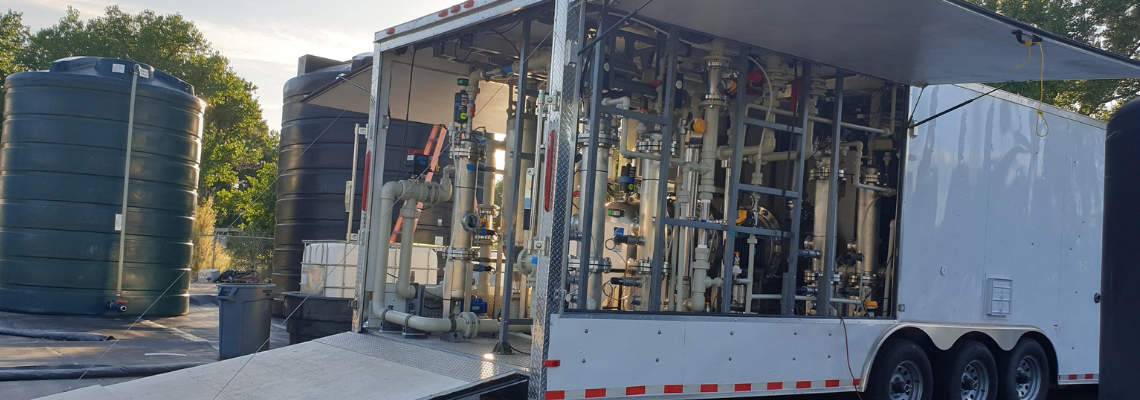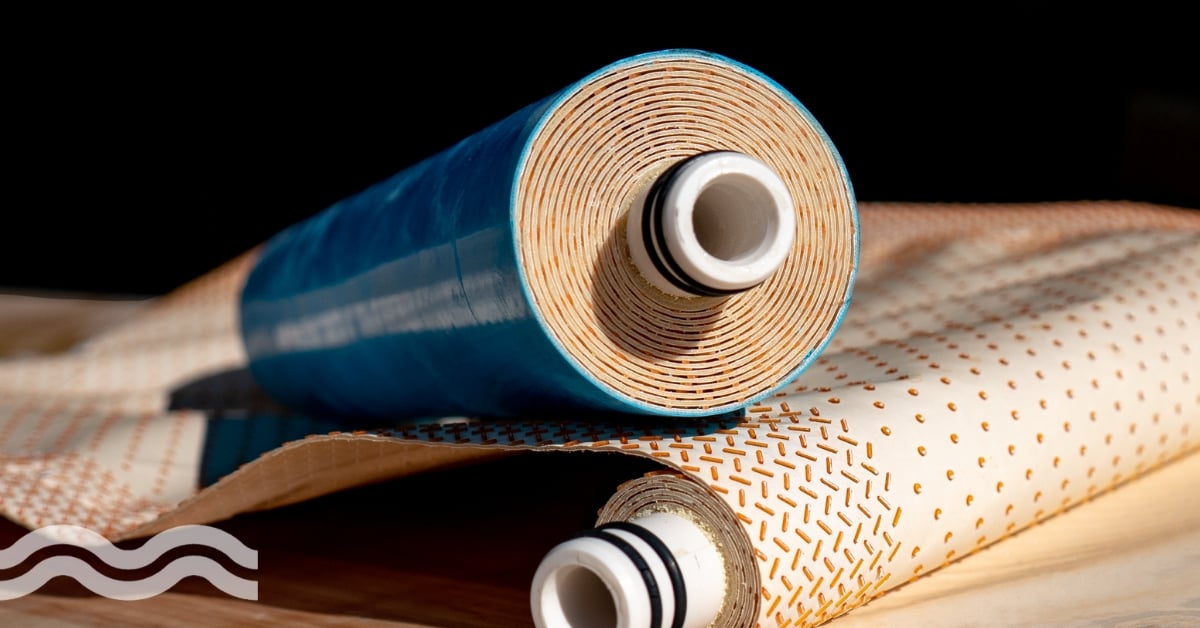New Zealand start-up backed to accelerate Zero Liquid Discharge

New Zealand ZLD start-up Aquafortus has gone on to raise a further $17.5 million in Series A funding to accelerate the recovery of water from high-salinity brines.
ZLD recovery and crystallisation approach
Until now, recovering fresh water from high salinity brines was prohibitively expensive due to the use of thermal-based evaporation, which is highly energy-intensive.
New Zealand-based start-up, Aquafortus, is setting out to change that by commercialising a novel and proprietary zero liquid discharge (ZLD) technology to change the water is recovered from high-salinity brines.
In 2021, the company secured Series A funding of $7.5m from deep tech venture capital firm DCVC for its patented zero liquid discharge technology. The company has since secured a further $17m in Series A1 funding.
The non-thermal, ZLD recovery and crystallisation approach developed uses 90 per cent less energy than traditional methods and costs 60 per cent less while also producing 98 per cent of high salinity brine into fresh water, according to the company. Additionally, it can extract lithium, copper and magnesium salts that can be used in industrial processes.
The development could enable the recovery and the extraction of valuable resources from brines that would have otherwise been lost or inaccessible. For example, in areas where natural disasters have caused saltwater intrusion into freshwater aquifers and other sources of fresh drinking water.
Worldwide ZLD regulations
Over the last decade, India and China have become champions of water conservation through their drive for ZLD regulations. These nations identified that in order to ensure safe freshwater sources into the future we must protect our rivers and lakes from industrial contamination; a problem made unfortunately apparent by numerous contaminated bodies of water found throughout both countries.
It's clear this ambition mirrors principles established almost 50 years ago when, in 1972, the US Government introduced The Clean Water Act - paving the way towards greater protection against wastewater pollution ever since.
In Europe and North America, industries are being pressured to pursue ZLD strategies due to the high costs associated with wastewater disposal. This is largely attributed to stricter environmental regulations looking to limit water pollution that has become increasingly concerning for the public. As a result, more companies may be pushed toward ZLD practices as the fight against polluted waters worldwide continues.


